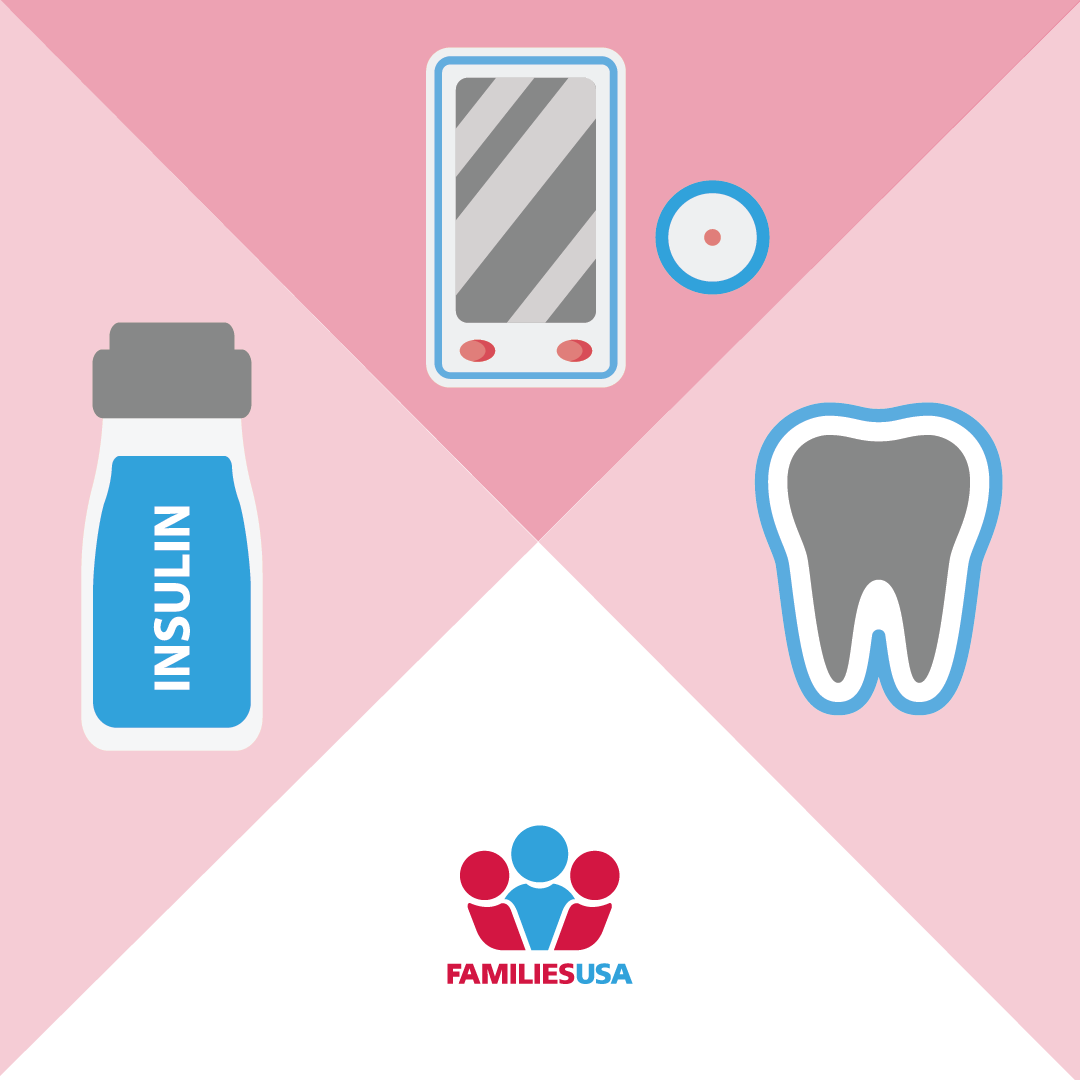Families USA Comment on Tri-Agency Consolidation Request for Information
06.05.2024
Families USA appreciates the opportunity to respond to the Request for Information (RFI) on Consolidation in Health Care Markets. Central to Families USA’s mission is a commitment to guaranteeing that families and individuals across the nation have access to high-quality, affordable, and equitable health care. We share the administration’s deep concerns with the rise of unchecked health care industry consolidation and anti-competitive behavior that is driving unaffordable health care across the nation, and strongly support exploring additional ways to rein in the ability of large health care corporations to price gouge the American people. It is essential that federal policies promote healthy competition to achieve more affordable and high-quality care for our nation’s families.
The United States is in the midst of a health care affordability and quality crisis. High and rising health care prices, particularly for hospital stays and prescription drugs, are a direct threat to the health and financial security of America’s families. More than 100 million Americans face medical debt; a quarter of all Americans forgo needed medical care due to the cost; and a third of Americans indicate that the cost of medical services interferes with their ability to secure basic needs like buying groceries and paying rent.
The administration’s Request for Information (RFI) poses a number of important questions that are critical both to understand and rein in health care industry consolidation and anti-competitive behaviors in the U.S. health care system, and ultimately to promote healthy competition to achieve affordable, high-quality health care. The following questions will be the focus of our comments:
Question 1: Effects of Consolidation (i.e., what impact do certain health care transactions between various health care entities, such as hospitals and drug companies, have on health care consumers, workers, and other stakeholders that rely on health care markets);
Question 2: Claimed Business Objectives for Transactions (i.e., to what extent the claimed business objectives associated with certain health care transactions are realized in practice and importantly align with the lived experience of consumers);
Question 4: Need for Government Action (i.e., what are the ways in which the government and administration can identify and address health care transactions that may have particularly negative impacts on consumers, workers, and others.)




